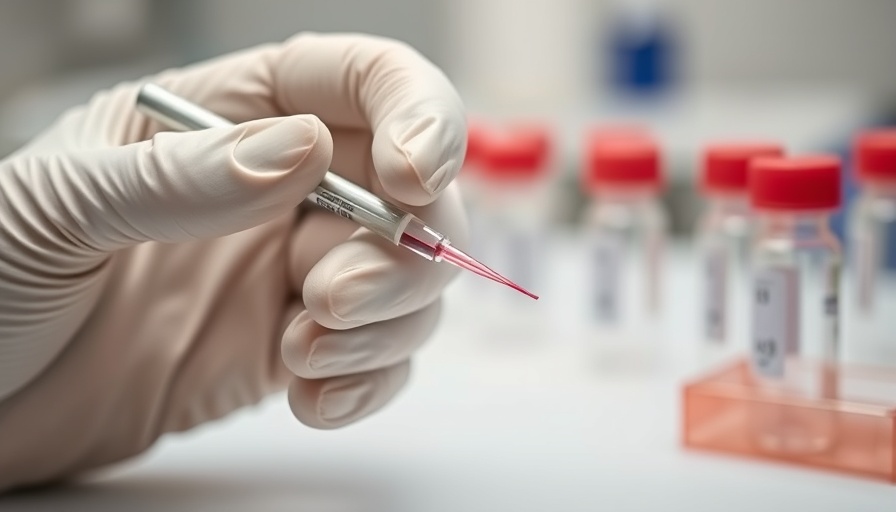
Uncovering the truth behind the diabetes misdiagnoses
Imagine being told you have a chronic condition, only to discover later that the diagnosis was incorrect. This nightmare is the reality for over 55,000 diabetes patients in England, who face the stress and confusion of needing new blood tests following serious errors by diagnostic machines. These incidents highlight a critical failure in our healthcare system, where lives teeter on the edge of misinformation.
The devastating impact on patients
One striking case is that of Vicky Davies, a woman from Kingston upon Hull. After being diagnosed with type 2 diabetes and prescribed heavy medication, including the maximum daily dose of Metformin, she found herself grappling with debilitating side effects. After months of worry and treatments, she learns her diagnosis may never have been valid. “It’s had a huge effect on my life,” she claims, further emphasizing the human factor in this scandal. Many patients share her anguish; these errors wreak havoc not only on their health but also on their mental well-being.
How widespread is the problem?
The machines at the center of this debacle, manufactured by Trinity Biotech, were initially identified in April 2024 for producing inaccurate test results. However, as cases of misdiagnosis rose—reportedly increasing the type 2 diabetes diagnoses by 10,000, or 4% more than anticipated this year—NHS England confirmed that at least 16 hospital trusts utilized this malfunctioning technology. The ripple effect is terrifying; countless patients could be living under the false assumption that they have diabetes.
What went wrong?
NHS England’s failure to act sooner raises troubling questions about oversight and accountability within our health care system. First reports indicated issues with the machines, yet only now are large numbers of patients being re-tested. The haemoglobin A1C test, which measures average blood sugar levels used to diagnose diabetes, relies heavily on accuracy. How could such a glaring issue have been overlooked for so long? This lack of transparency and responsibility needs to be addressed immediately.
The role of accountability in health care
This scandal highlights an urgent need for clearer accountability protocols. Patients deserve transparency and reliability; when technology fails, those affected must be adequately informed and supported. Letters from GPs, like the one received by Vicky, stating ignorance of the laboratory issues, reflect a systemic problem. This isn’t just about machines; it’s about people’s lives.
Moving forward: What patients can do
For those affected, the path forward is to demand clarity from health care providers. Patients in Leicestershire and beyond should question their diagnoses, especially if they’ve been treated with medications for diabetes. Regular blood tests and open communication with healthcare professionals are essential. Furthermore, advocacy for stronger regulations in diagnostic technologies is crucial to prevent similar occurrences in the future.
Call to action
This situation is a wake-up call for all of us. Demand accountability from the health system. Inquire about the technologies used in your diagnoses. Your health is your priority; don't let a machine dictate your future.
 Add Row
Add Row  Add
Add 




Write A Comment